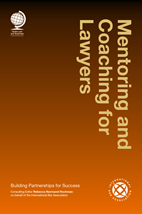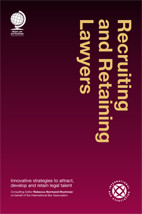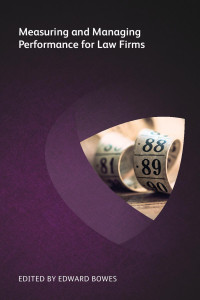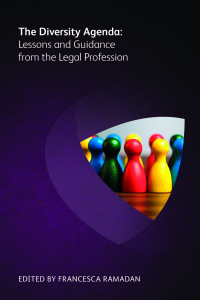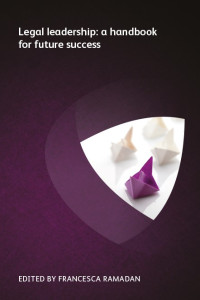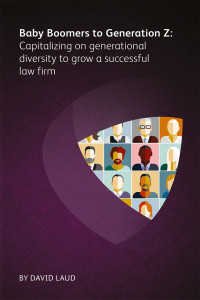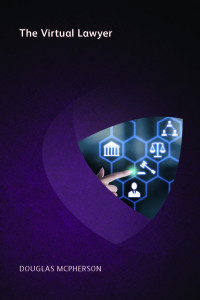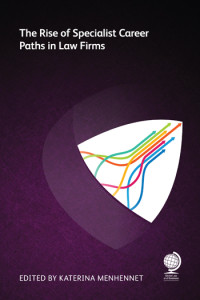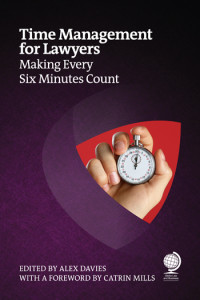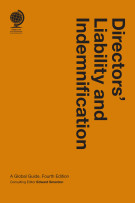
Author(s): Julia Bateman, Karen Battersby, Lucy Hall, Amanda Hamilton, Clare Harman Clark, Catherine Hart, Ailish Hogan, Katherine Lang, Charles Pigott, Hélène Russell, Evan J Shenkman, Lucinda Troostwyk
Publication date: Sep 2018
Format: Softback
Pages: 200
Price: £159.00
Discounted Price: £95.40
ISBN: 9781783583485
How our eBook platform works
How permanent access, multi-user eBooks work
Add to basket (UK and Europe)Add to basket (USA, rest of world)
Add to basket (UK and Europe)Add to basket (USA, rest of world)
The role of the professional support lawyer (PSL) first emerged in the early- to mid-1990s amongst London’s Magic Circle, and quickly became essential for mid-size and even smaller firms. However, this golden period for the PSL came to an abrupt end with the global financial crisis and the subsequent recession, which rocked the legal landscape; the greatest shockwaves were inevitably felt by legal support teams, as many firms sought to maintain profitability by shifting their focus to fee-earners and cutting what was quickly perceived as superfluous business functions. The slow but steady recovery of the economy and the consequent pick-up of client demand since then has meant that the importance of PSLs to law firm operations has once again been recognised. However, the legal profession is not the same as it was before the recession; this is reflected in not only the changes in what is expected from fee-earners, but also support staff such as PSLs. Traditionally seen as a backstage position that mainly involved administrative work and the drafting of precedents, the PSL role is rapidly transforming. A PSL cannot only contribute to a firm’s competitive edge by providing the traditional technical expertise; it has now become essential to perform tasks ranging from involvement in business development to the provision of training, the capture and dissemination of knowledge, product selection, and project management. This kind of flexibility is a quality that has made the role of the PSL attractive to those seeking an alternative to legal practice; however, it brings its own challenges. With such a wide variety of responsibilities and functions, it can be difficult to find relevant information on what career development might look like, or the skills needed for the progression. Identifying current issues and future challenges, too, is rendered problematic by this versatility. The Evolving Role of the PSL aims to fill this information gap.







